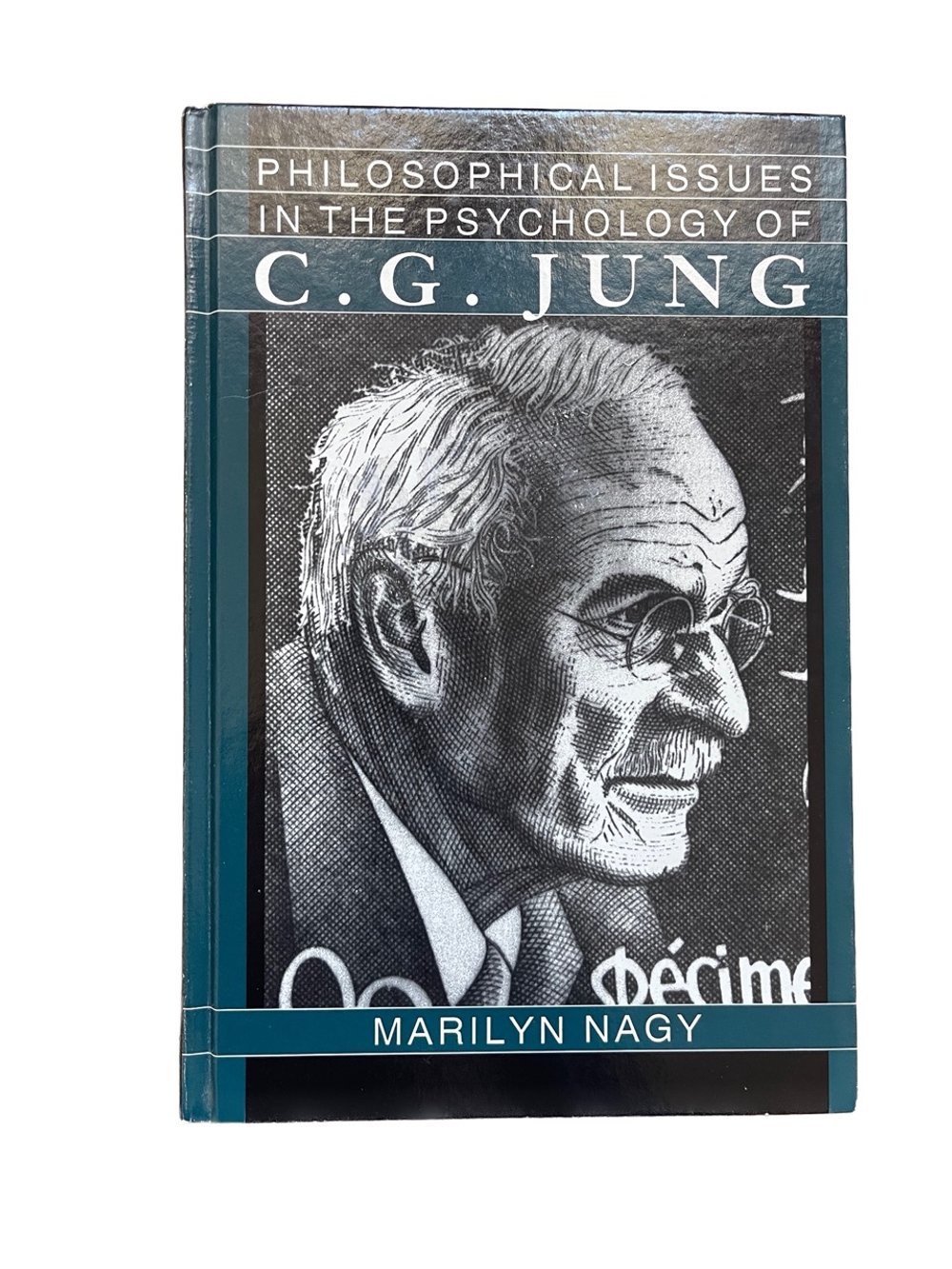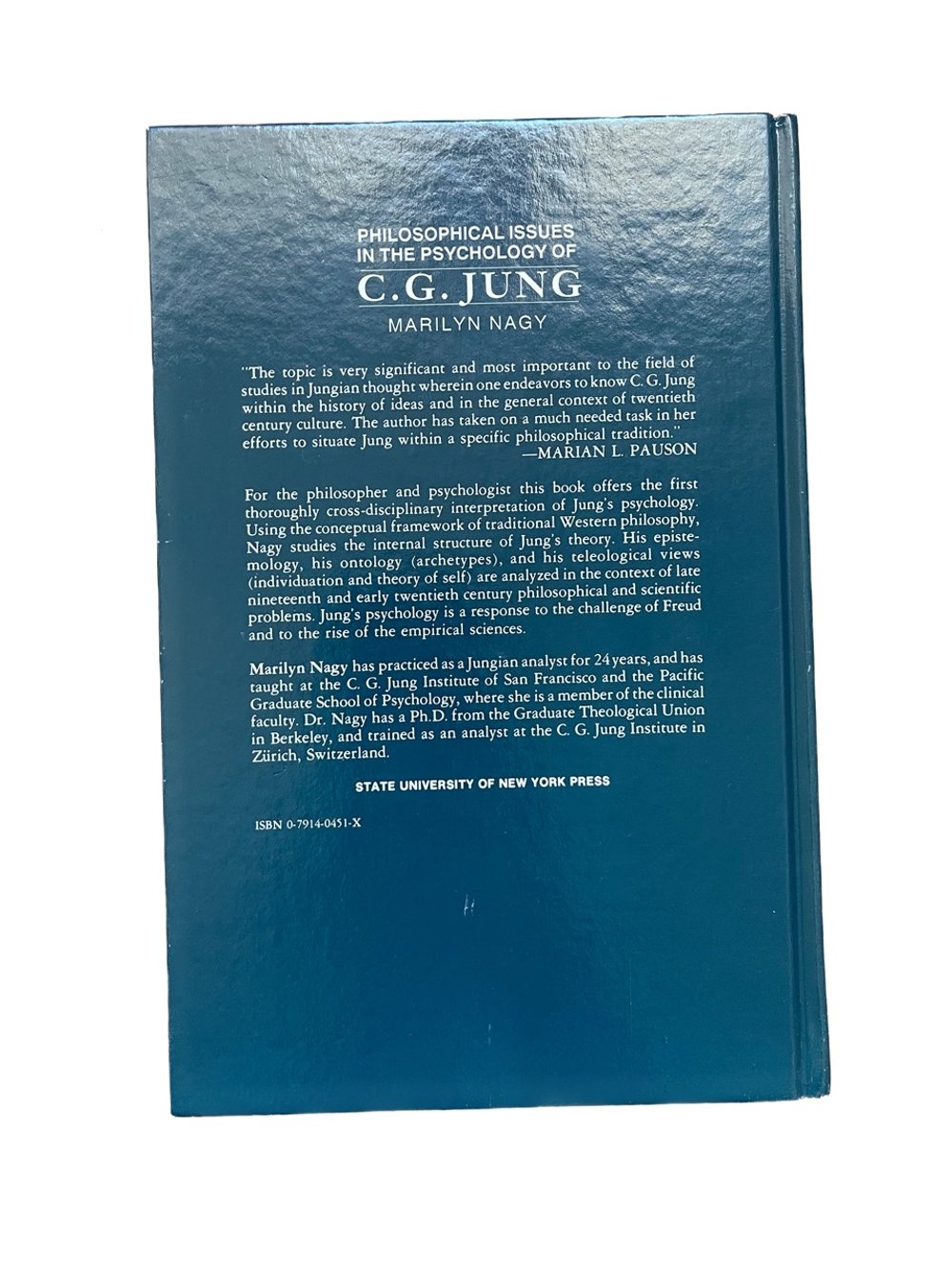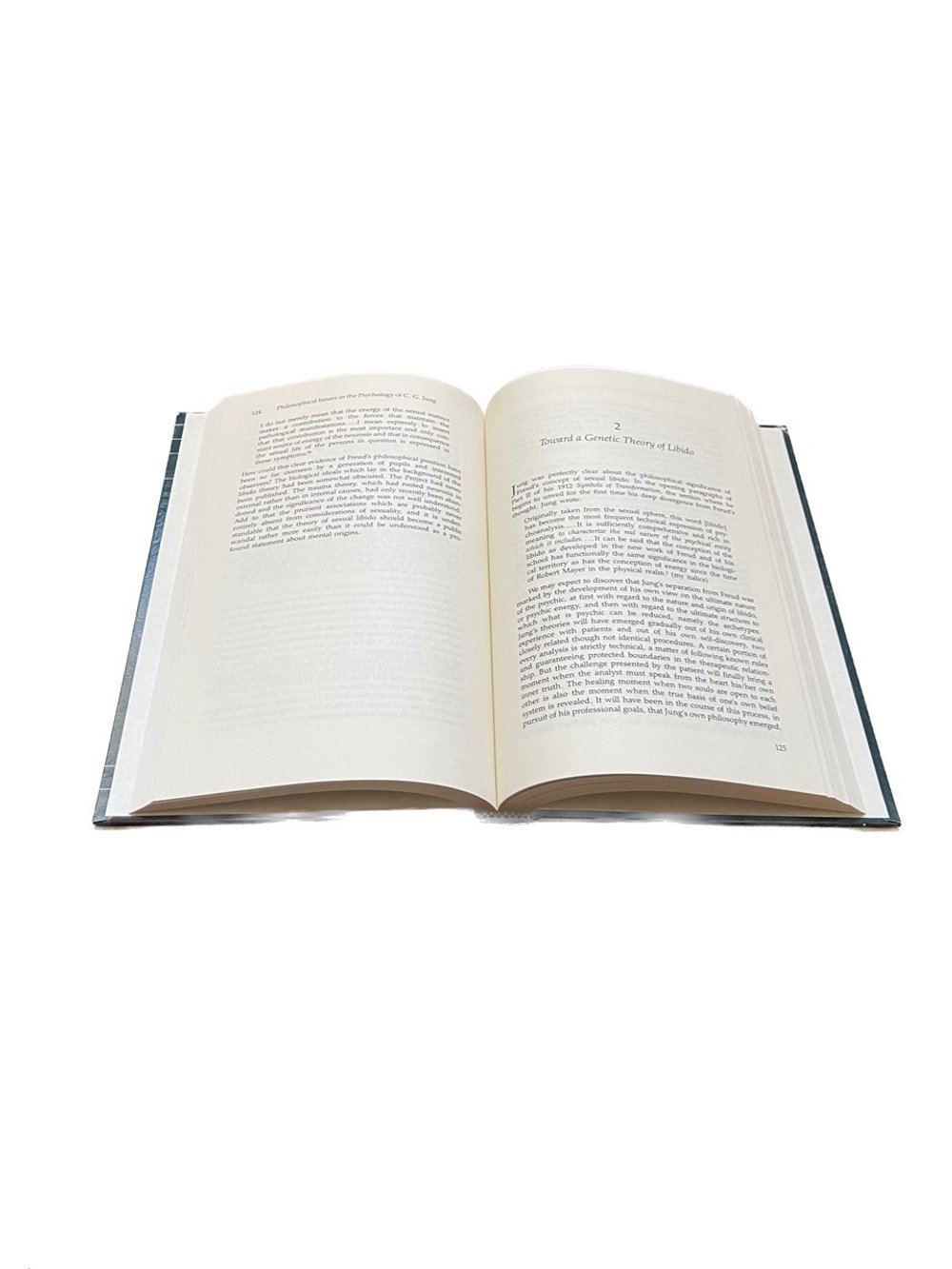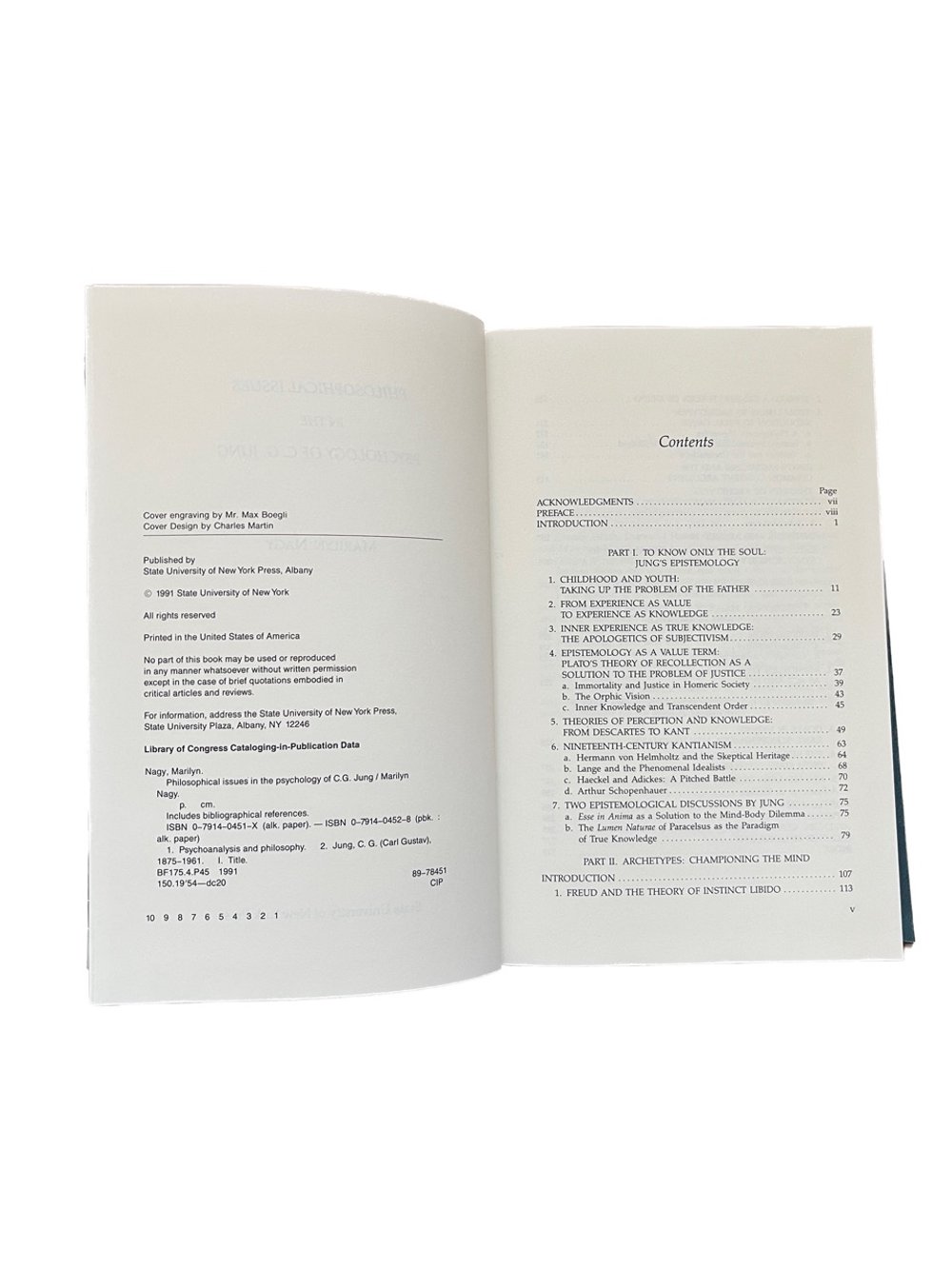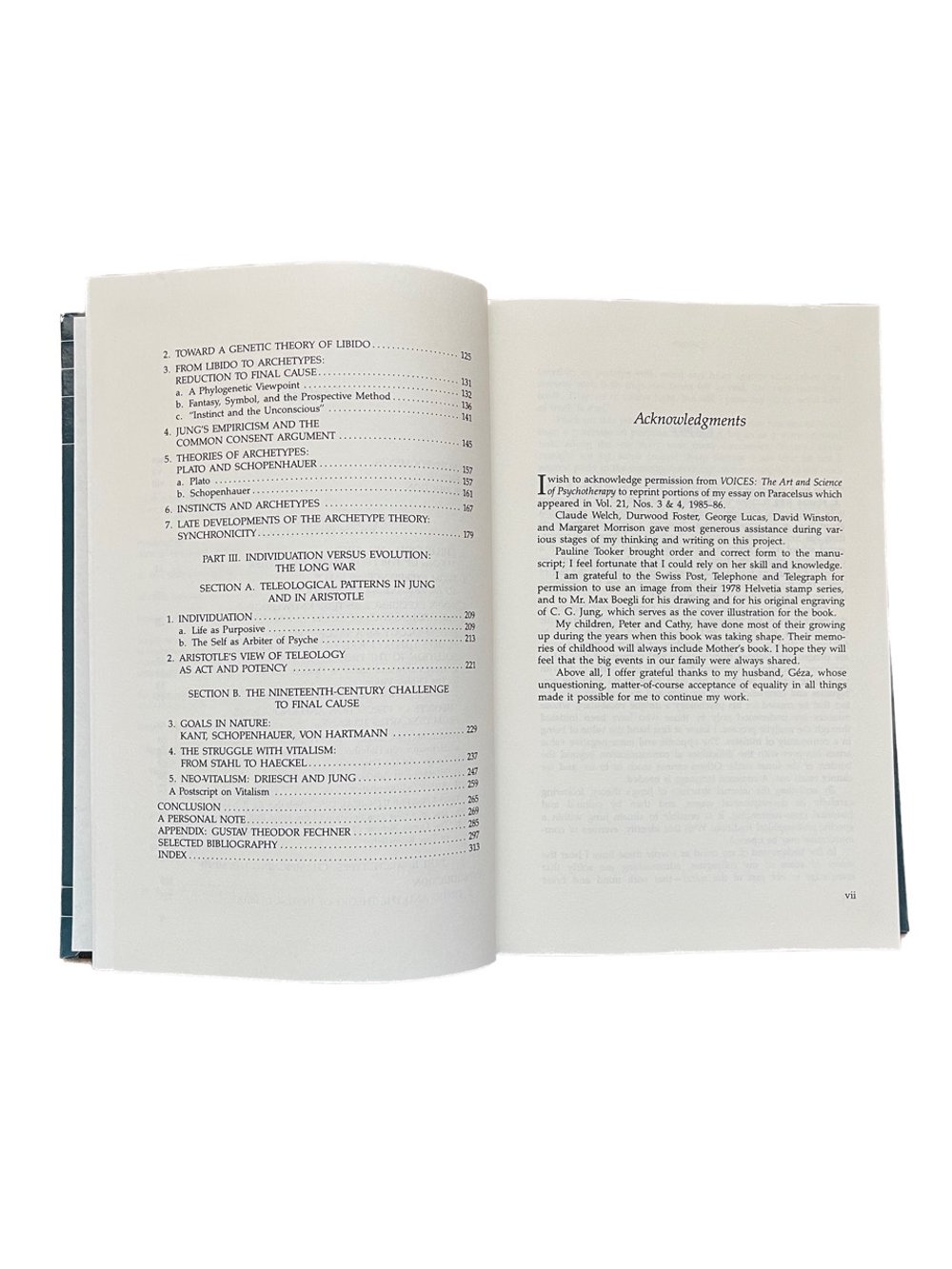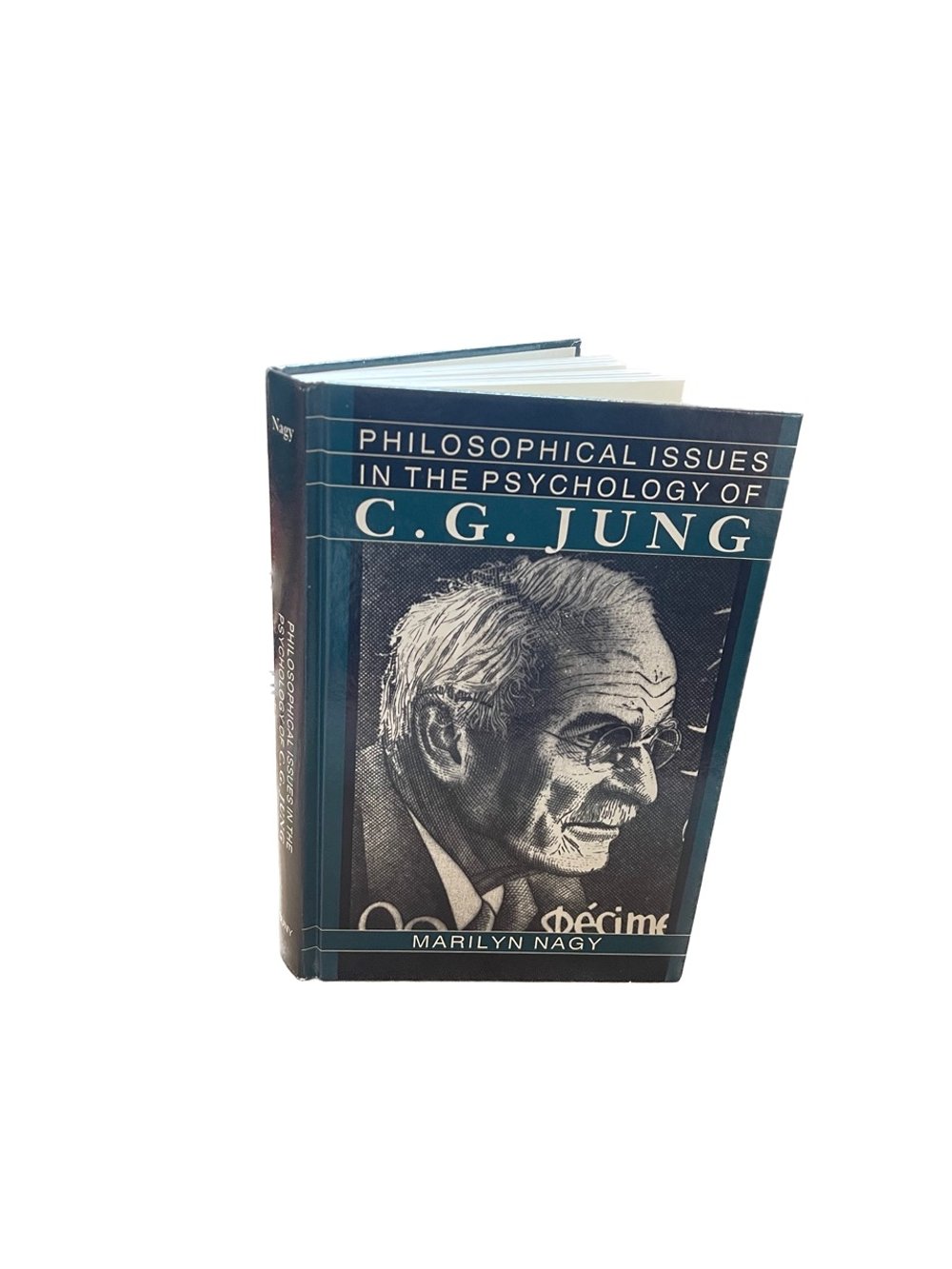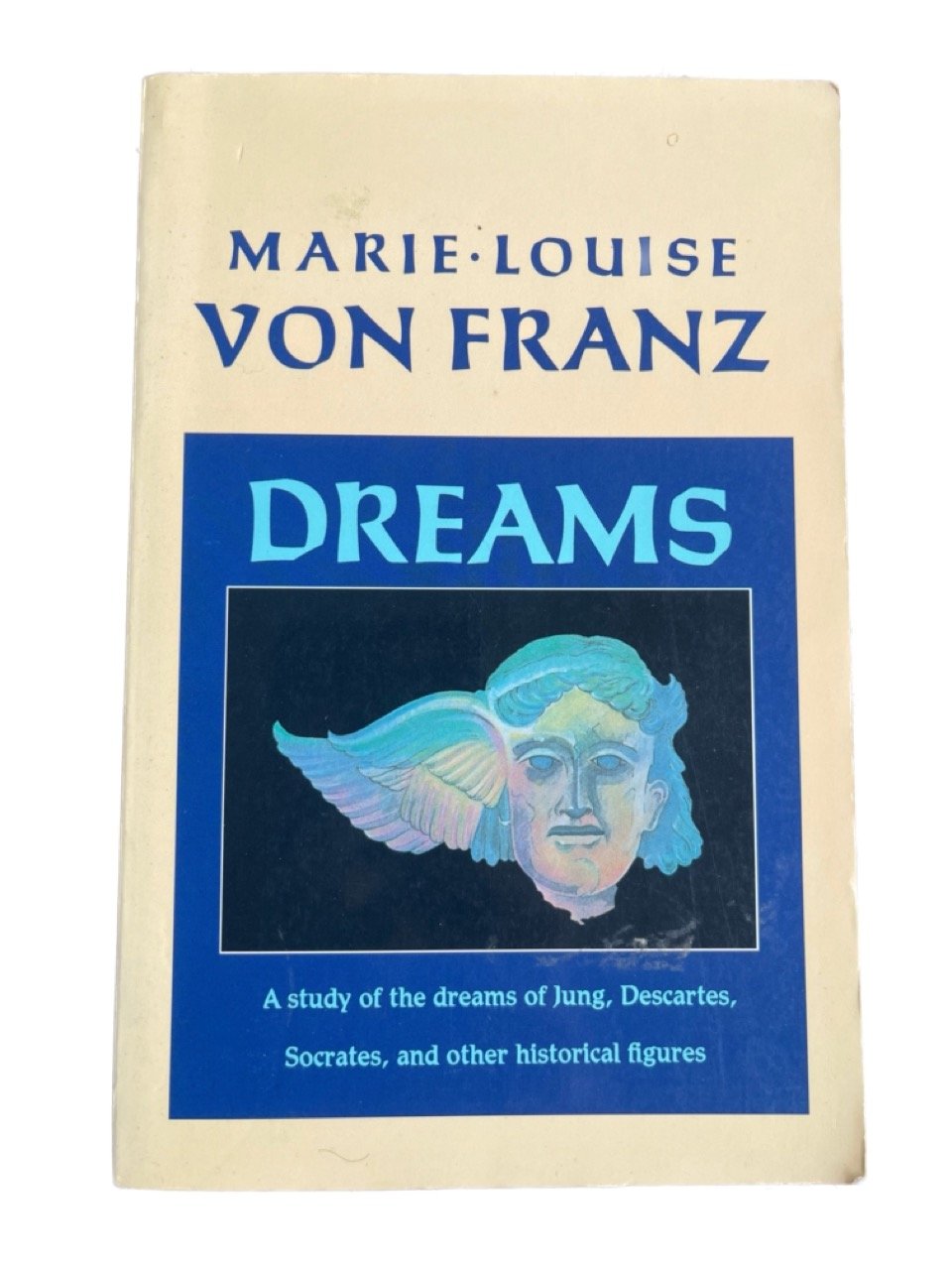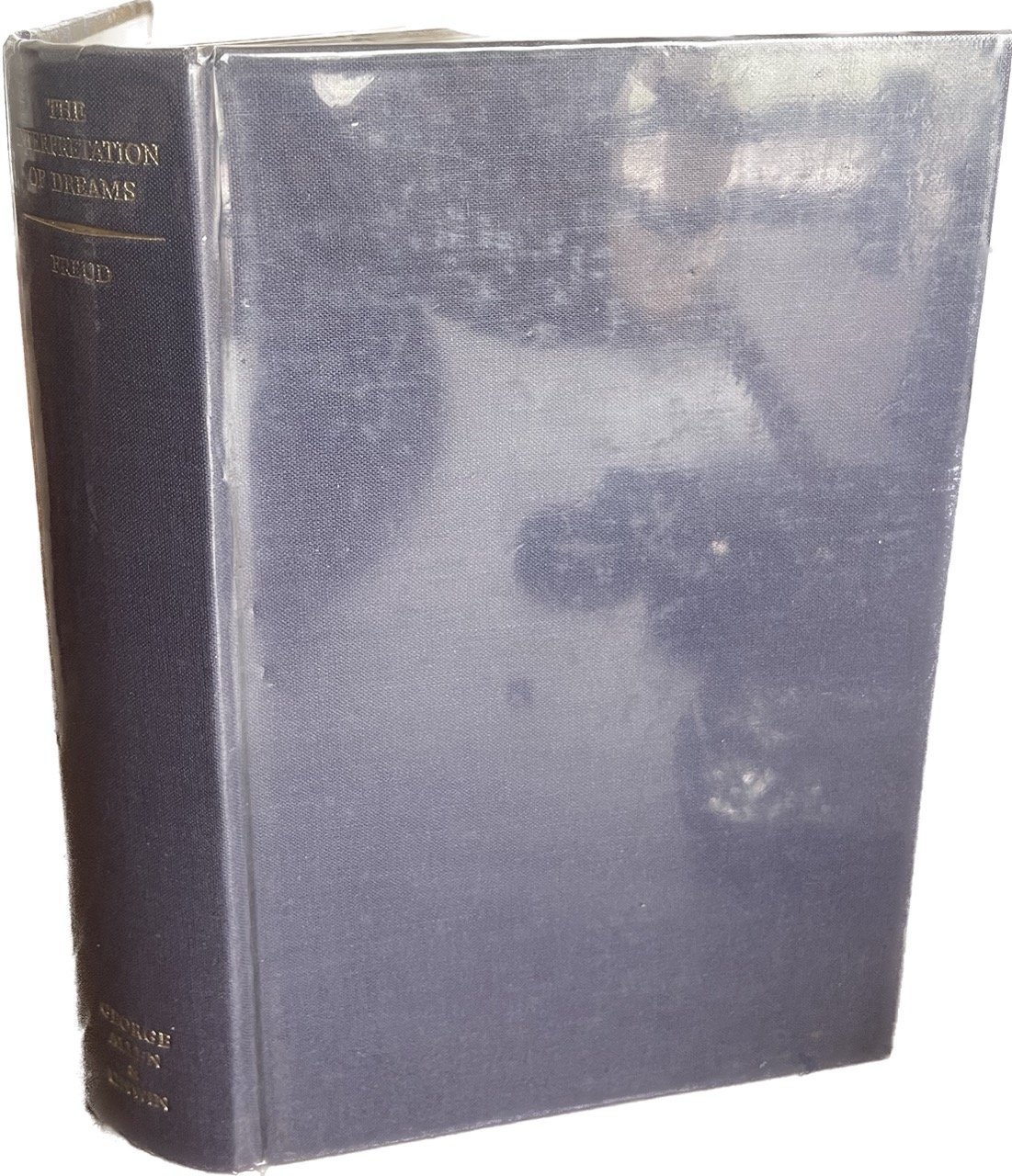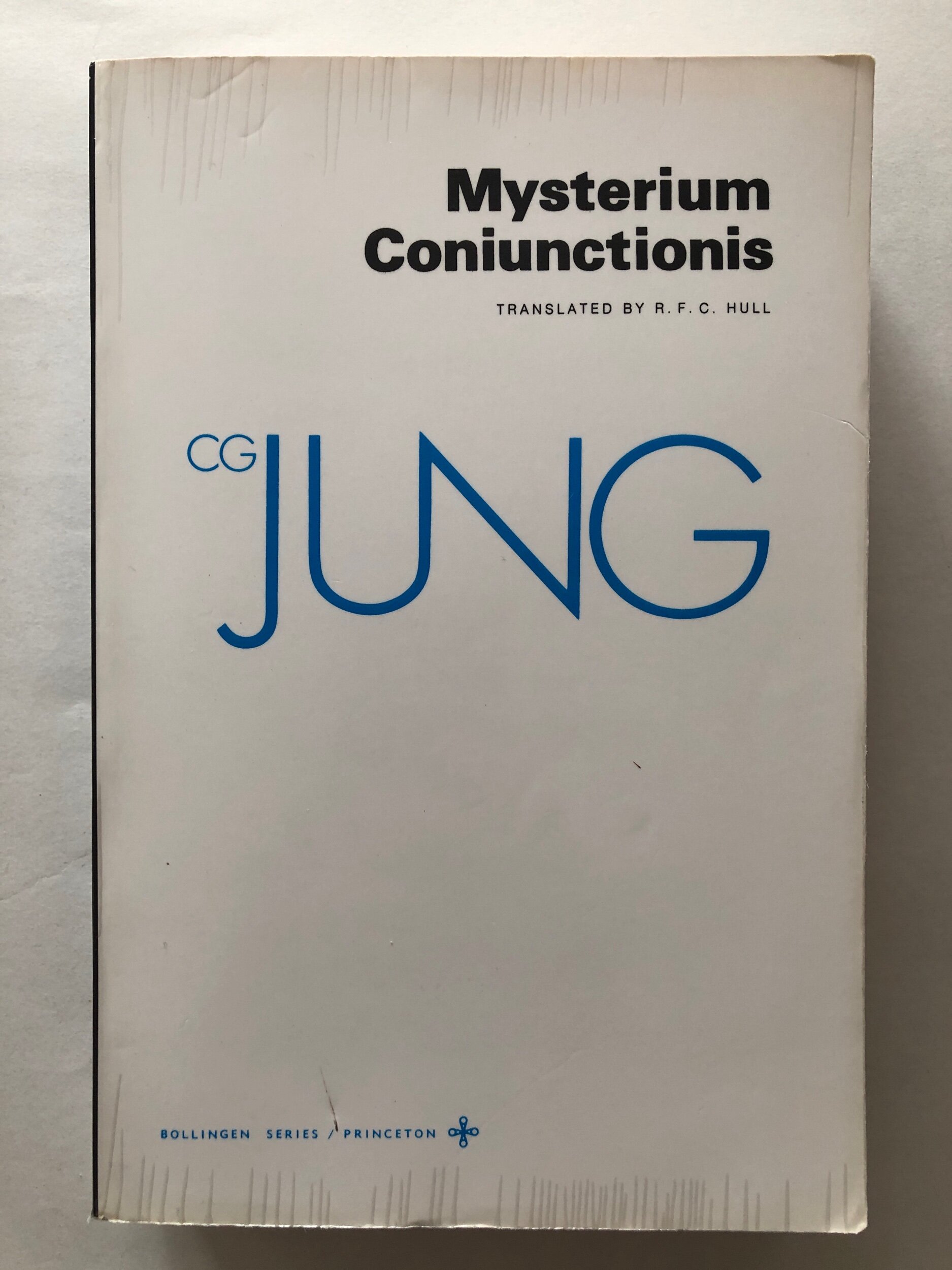Philosophical Issues in the Psychology of C. G. Jung
Marilyn Nagy
For the philosopher and psychologist this book offers the first thoroughly cross-disciplinary interpretation of Jung's psychology.
Using the conceptual frame work of traditional Western philosophy, Nagy studies the internal structure of Jung's cheory. His episte-mology, his ontology (archetypes), and his teleological views (individuation and theory of self) are analyzed in che context of late nineteenth and early twentieth century philosophical and scientific problems. Jung's psychology is a response to the challenge of Freud and to the rise of the empirical sciences.
Marilyn Nagy
For the philosopher and psychologist this book offers the first thoroughly cross-disciplinary interpretation of Jung's psychology.
Using the conceptual frame work of traditional Western philosophy, Nagy studies the internal structure of Jung's cheory. His episte-mology, his ontology (archetypes), and his teleological views (individuation and theory of self) are analyzed in che context of late nineteenth and early twentieth century philosophical and scientific problems. Jung's psychology is a response to the challenge of Freud and to the rise of the empirical sciences.
Marilyn Nagy
For the philosopher and psychologist this book offers the first thoroughly cross-disciplinary interpretation of Jung's psychology.
Using the conceptual frame work of traditional Western philosophy, Nagy studies the internal structure of Jung's cheory. His episte-mology, his ontology (archetypes), and his teleological views (individuation and theory of self) are analyzed in che context of late nineteenth and early twentieth century philosophical and scientific problems. Jung's psychology is a response to the challenge of Freud and to the rise of the empirical sciences.

